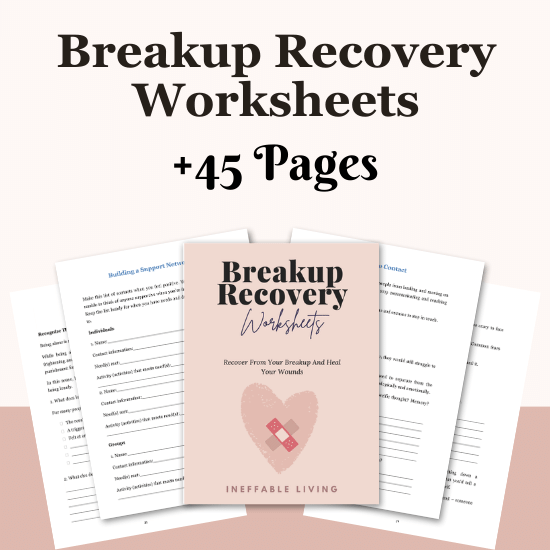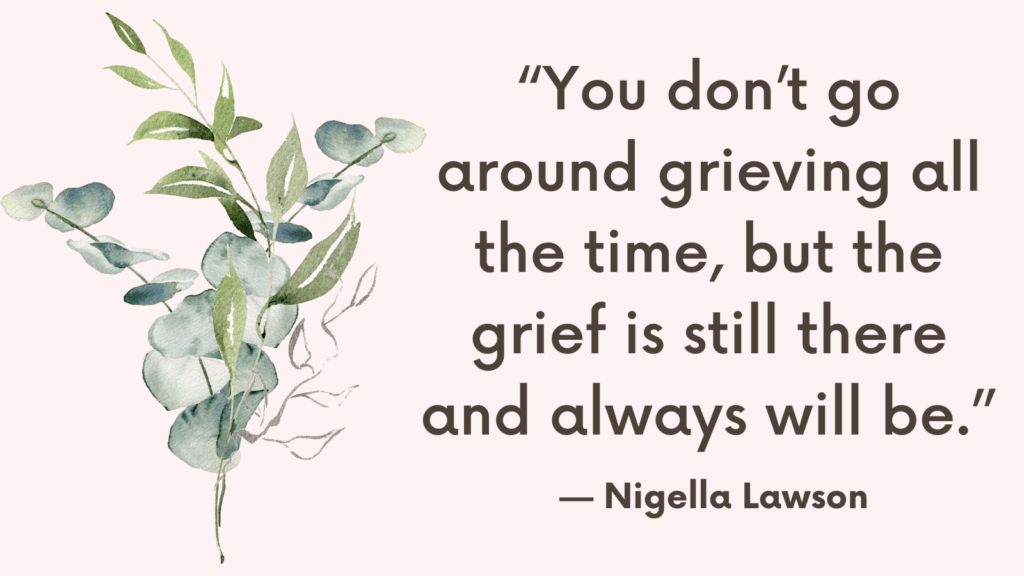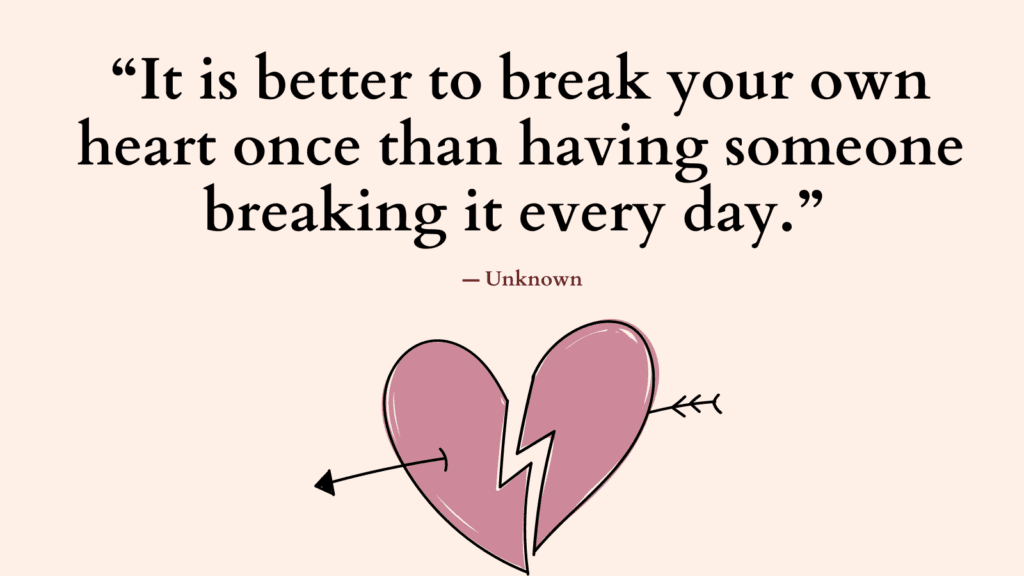Separation—whether from a romantic partner, spouse, or long-term companion—can be one of the most emotionally challenging experiences we go through. It often brings grief, relief, confusion, clarity, and fear—all at once.
Whether the separation was your decision, theirs, or mutual, it’s a rupture that impacts not just your relationship, but your identity, routines, and vision of the future.
But you don’t have to navigate it alone. And you don’t have to have it all figured out right away.
Why Separation Feels So Heavy
Identity Loss
When you’re used to being part of a “we,” becoming a “me” again can feel disorienting. It’s not just about missing them — it’s about rediscovering who you are without them.
Emotional Whiplash
You may swing between relief, regret, sadness, guilt, and numbness — often within the same hour. That’s grief, not confusion.
Unspoken Shame
Separation often carries internalized beliefs like “I failed” or “I wasn’t enough.” But the end of a relationship doesn’t mean the end of your worth.
Navigating Separation: How to Care for Your Heart and Move Forward with Strength?
1. Give Yourself Permission to Feel Everything
Separation is a kind of loss, and grief doesn’t follow a straight line. You might feel:
- Numb one day and overwhelmed the next
- Angry, then nostalgic
- Relieved—but guilty about that relief
All of these feelings are valid. Let them move through you without judgment. You don’t have to rush to “be okay.” You just have to let yourself be human.
Remind yourself: “I am allowed to feel this. Healing doesn’t follow a timeline.”
Related: How to Cope with Divorce Regrets?
2. Ground Yourself in the Present
Your mind might spiral into “what ifs,” regrets, or fears about the future. While it’s normal to look back and ahead, healing happens in the present moment.
Try:
- Grounding exercises (5-4-3-2-1 sensory check-in)
- Breathwork or gentle stretching
- Journaling your current feelings rather than trying to solve them
Ask yourself: “What do I need right now, in this moment?”
3. Tend to Your Basic Needs First
During separation, even basic tasks can feel heavy. Start with small steps:
Drink water. Eat something nourishing.
Get out of bed. Take a shower. Open a window.
Break your day into mini-tasks rather than trying to do it all.
Every small act of care is a step toward reclaiming your strength.
Related: The Psychology Behind Cheating And Lying
4. Rebuild Your Identity (Gently)
Relationships often weave into our sense of self. After separation, you may feel unsure of who you are now. That’s okay—it’s part of the journey.
Try exploring:
What brings you peace or joy that isn’t tied to the relationship?
What parts of yourself do you want to reclaim or rediscover?
What kind of life do you want to create moving forward?
This is not about “reinventing” yourself—it’s about returning to yourself.
5. Set Emotional Boundaries
If you’re still in contact with your former partner (or co-parenting), it’s essential to protect your healing space.
Boundaries might include:
No late-night emotional check-ins
Communicating through a third party if emotions are high
Time limits on conversations
Unfollowing/muting on social media (temporarily or permanently)
Boundary reminder: “I am allowed to protect my peace—even from people I care about.”
Related: Betrayed Spouse Cycle – 10 Stages
6. Allow Grief, but Don’t Let It Define You
You can miss someone and still know it wasn’t right.
You can love someone and still choose separation.
You can grieve and still grow.
Grief doesn’t cancel growth—it is part of growth.
7. Fill Your Emotional Cup
Now more than ever, self-soothing and self-connection matter.
Consider:
- Therapy or support groups
- Mindful routines like journaling, walks, or yoga
- Creative outlets (music, art, writing)
- Reaching out to loved ones for simple connection—coffee, a walk, a text
Related: Breakup Therapy: 6 Techniques to Help Clients Cope With Grief
8. Make Room for What’s Next
You don’t need to rush into a “next chapter.” But you can start planting seeds.
Ask:
What kind of support system do I want?
What do I want more (or less) of in my next season of life?
What values do I want to build from moving forward?
Let hope sit beside grief—not to replace it, but to remind you: There is still beauty ahead.
Related: How to Heal From Infidelity Trauma?

Final Thoughts
Separation is not the end of your story—it’s a turning point. And with time, care, and support, you will feel whole again.
Be patient. Be gentle. Be proud of every step forward, no matter how small.
You’re not broken—you’re becoming.



